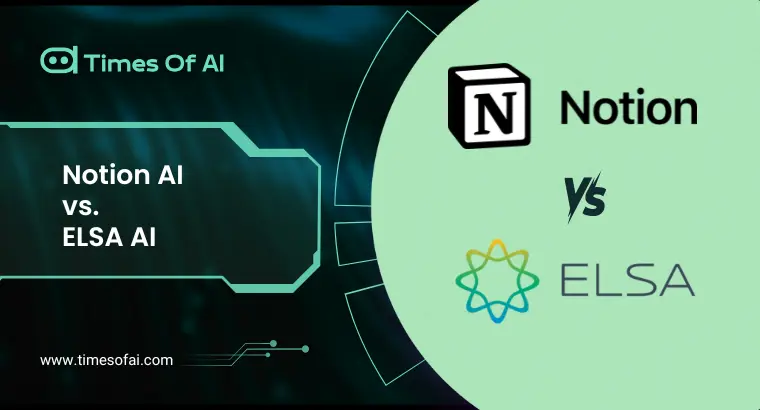
LONDON, Oct. 21, 2024 – Avacta Therapeutics has entered into a strategic partnership with Tempus AI that will employ artificial intelligence in the development of oncology therapeutics.
This collaboration affords Avacta opportunities to be able to utilize clinical and primary tumor samples of more than 200,000 which are in the possession of Tempus.
The aim is to make improvements on Avacta’s pre|CISION® platform which directs fibroblast activation protein (FAP) targets for precision cancer therapeutics.
The integration of AI will help Avacta better understand the biology of tumors, specifically how FAP operates within the tumor microenvironment, allowing them to enhance the targeting capabilities of their therapies.
This could reduce harm to healthy tissue and improve patient outcomes by personalizing treatments based on individual tumor profiles.
“Our pipeline of pre|CISION® oncology programs will benefit greatly from an extensive understanding of the tumor microenvironment, FAP biology and both high- and low-FAP expression across solid tumor settings”
Christina Coughlin, MD PhD, CEO of Avacta, said,
“The Tempus AI real-world database and industry-leading AI capabilities will enable us to better assess the specific patient population most likely to respond to our pre|CISION® therapies, enabling faster, smarter clinical development with the highest probability of success.”
“A powerful use of AI in drug development is leveraging real-world data to have a deeper understanding of the patient populations that would benefit from a specific mechanism of action. Tempus was created to build one of the world’s largest libraries of multimodal data and an operating system to make those data accessible and useful.”
Kate Sasser, PhD, Chief Scientific Officer at Tempus AI added,
“This collaboration with Avacta is another example of our execution of that vision, and we are thrilled to partner with Avacta in support of their efforts to bring game-changing new therapies to patients in need.”
The active collaboration will not only shorten the duration of drug development but also improve patient recruitment for clinical trials, resulting in optimized treatment of multiple cancers. AI’s ability to assist in innovative developments in precision oncology is further advanced.





